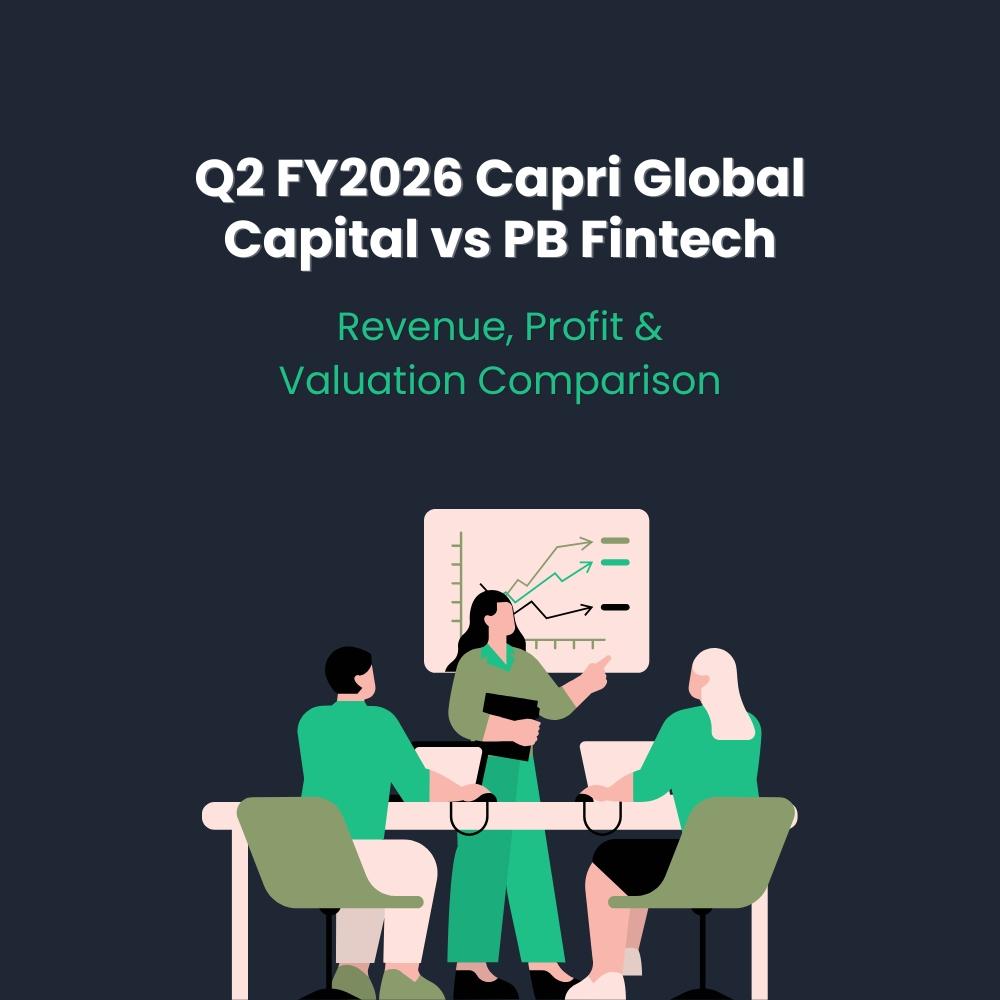Everything to Know About Demat Account Charges and Ways to Reduce Them
How to Setup a Demat Account?
-
To begin investing in shares and trade, you need to open a demat account and a trading account. SEBI has made it mandatory for all investments like shares, debentures, bonds, etc., to be held in electronic form in a demat or dematerialization account. The demat account makes it easy for you to hold, monitor, buy, and sell transfer securities safely and in real-time without delay.
-
Setting up a demat account is a relatively simple process with easy documentation. You can open a Demat and trading account with any SEBI registered Depository Participant, i.e., stockbroker, bank, or online trading platform. Before you set forth to open a Demat account, it is crucial to understand Demat account charges.
-
Demat account charges vary among different entities. Earlier, banks and stockbrokers used to charge a high upfront fee for opening a Demat account. Over the years, the competition has increased, and many players are offering Demat services. Demat and trading accounts are no more a privileged service but a basic facility. As a result, some Depository Participants and banks charge nil or a nominal fee to attract customers to open a trading account as well with them. As a customer, you can benefit from these offers.
Types Of Demat Account Charges:
Different types of charges are levied in a Demat account. For a new investor, it is sometimes confusing to interpret different charges and their breakup. Without a clear understanding, choosing the highest Demat account charges and lowest Demat account charges is a challenge. You may come across attractive offers from DPs that promise minimal or zero Demat account charges, but there are other charges you need to bear. Understanding every expense you bear in your investing and trading journey is important.
Let us understand different types of Demat account charges like:
-
Demat account opening charge,
-
Annual maintenance charge,
-
Trading charge,
-
Dematerialization charge,
-
Remat charges,
-
Trading account opening charge, etc.
Demat Account Opening Charges
For opening a Demat account, there is an account opening charge levied by the bank or DP. Some entities offer a zero account opening charge, and some charge a nominal fee to set up the Demat account. The Demat account opening charge ranges from nil to Rs 1200 with various DPS. However, it is essential not to get carried away with zero account opening charge offers and to look out for other expenses before deciding on the DP.
AMC for Demat Account:
Once your Demat account is active, you incur AMC or Annual Maintenance Charge for the Demat account. This charge covers the administrative expenses like backend operational tasks for the services delivered to your account. This fee ensures your account is maintained, remains active at all times, and has good service delivery.
AMC is an annual charge, but some DPs bill AMC on a quarterly basis. The AMC ranges up to Rs 1000 per year. Some DPs waive off the first year AMC as a freebie offer, but AMC charges accrue from the second year onwards. Banks that offer 3-in-1 trading accounts charge a lower AMC since the linked bank account is maintained with them. Do take note of the AMC when you select a DP for Demat and trading account.
Trading Account Opening Charges:
A standalone Demat account is not sufficient to buy, sell, and trade in securities. You need to open a trading account to transact in the stock markets. There is a one-time trading account opening charge ranging from Rs 1500 charged by stockbrokers and online brokerages. This charge may be reduced or waived off depending on your chosen entity. Some brokerages reduce trading account charges based on the initial investment that you start with.
SEBI Transaction Charges:
SEBI levies a transaction fee every time you place a trade in the market. This fee is usually charged as a percentage of trade value in rupees, while some DPs may charge a flat fee per transaction. This charge is mentioned in the terms and conditions in the Demat account opening documents. Every time a security moves in or out of your trading account, you bear the transaction charge — some DPs charge only for the credit of securities.
Every brokerage has a different charge structure and may vary according to the volume or value of trades in your account and the type of security traded. Do read the fine print to get a clear idea of the expense you will incur, as this is an ongoing expense and will directly impact your overall trading costs.
Trading Platform Usage Charges:
The Digital revolution has transformed the way we trade. Many platforms offer value-added services like sophisticated Algo trading software, apps, and algorithm-based tools for customers for better trade and portfolio management. Some brokers offer third-party tools on licensing basis, and some have developed in-house software. Customers can access these solutions at a fixed monthly fee, known as platform usage charges.
Remat Charges:
Many investors still hold securities in physical form. These securities need to be dematerialized and held in electronic form. A dematerialization fee is levied for converting paper into electronic holdings. At times, you may want to hold specific securities in physical form. E.g., bonds with lock-in a period where you may not want to incur Demat, AMC, and other charges. You can convert or remat these securities after paying a remat charge billed per share.
Credit Charges:
-
Other than the above charges, there are other Demat transaction charges levied by DPs, e.g.; credit charges billed for every credit to Demat account, failed transaction charges, statement mailing charges, etc.
-
As a new investor, it is always helpful to carefully read through every charge in your Demat account opening documents and fine print. It will give you a clear picture of every expense you incur, both as a one-time expense or a recurring charge. At the same time, do compare features; low cost should not come at the poor quality of service.
-
There are different brokers, e.g., banks, full-service stockbrokers, and discount brokerage platforms. Each offers benefits that come at varying costs. A platform that has invested in good technology will give you a good user experience, speed, and ease of transaction. Value-added services like research reports, recommendations, market analysis, etc., will help you make better investments and returns.
-
It is advisable to do a qualitative cost-benefit analysis and compare the service levels, existing customer feedback, and value-added services offered. A well-informed decision will help you choose the best Demat account and save you any surprises in the future.



